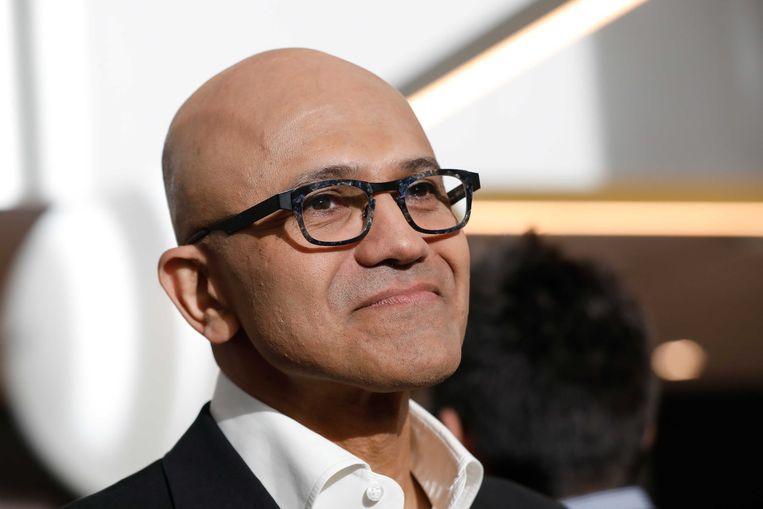Microsoft wants to solve world problems with supercomputer

Microsoft is building a supercomputer that has the computing power to solve world problems such as climate change. That is what CEO Satya Nadella said today during a visit to the Netherlands.
It is considered the holy grail in ICT: quantum technology. Where computers today only work on the basis of a series of ones and zeros – called bits – quantum computers do not have that limitation. A quantum bit – or qubit – can be both zero and one at a time. That makes the computing power exponentially much larger.
“The next step in computer science is the quantum computer”, said Nadella today during a speech at the Johan Cruijff Arena. “The world has so many insoluble problems. A quantum computer is incredibly much faster than the computers we now own. What if we can soon find a solution for global warming?” The CEO, who was born in India and succeeded Steve Ballmer in 2014, further thinks of finding ways to produce more efficient food. Medications can also be used much more efficiently in the future.
Currently Microsoft is investing millions of dollars in the construction of a quantum computer. The American software giant has established so-called Station Q-laboratories worldwide, including in Sydney, Santa Barbara, Copenhagen and Delft. The question is how long it will take to build such a supercomputer. Experts think it will take many years.
Google, IBM, Intel
Microsoft is not the only company that bets on quantum computers. Google, IBM and chipmaker Intel are also investing large amounts of money and the general picture is that they stand further. Intel has already prepared a test chip based on qubits. According to Microsoft, Google and associates bet on the wrong technology to make quantum computers possible.
Digital Geneva Convention
Nadella preached in Amsterdam not only the great possibilities of the rapidly advancing technology, he also warned. He wants countries to think about that now and make agreements about the ethical application of artificial intelligence. “There must be a digital Geneva Convention on how we as humanity deal with artificial intelligence,” he referred to the Geneva Conventions that give legal rules in war situations.




